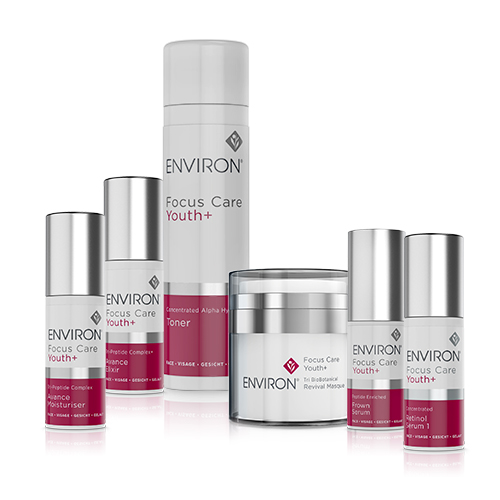Everything you need to know about Retinol.
What is Retinol?
Retinol is a topical derivative of vitamin A that exfoliates the skin, regenerates cell production, and boosts collagen production over a matter of hours. This multitasking saviour will also help your skin better absorb any other products you apply afterwards such as serums, night creams and overnight masks.
Why should I use it?
Retinol is known to:
- Promote a healthy dermis and epidermis.
- Assist with collagen and elastin production.
- Help strengthen the skin barrier.
- Minimise the appearance of dark spots and pigmentation.
- Improve the appearance of breakout-prone skin.
If improving acne scarring is high on your skincare agenda, using retinol will speed up cell turnover to help heal the skin, whilst exfoliating the outer layers, preventing pores from clogging, and reducing breakouts. If you are concerned about skin ageing, Retinol helps with that, too – it stimulates collagen and blood vessel production, helping to reduce fine lines, wrinkles, and pigmentation spots.
How do I use it?
Environ’s philosophy is to ‘start low and go slow’. If the skin is prepared with low doses of Vitamin A its less likely to react to a higher dose because the vitamin A receptors are restored and over time, can absorb very high levels of Vitamin A safely. Once the skin is comfortable on medium to high levels of Vitamin A Retinol 1 can be introduced, moving on over time to Retinol 2 and then Retinol 3.
Retinol should only be used during your night-time routine, a couple of times a week (increasing to every other day, if needed, once acclimatised). Start by applying a pea-size amount all over the face, followed by your moisturiser.
Remember to apply an SPF each morning as retinol can cause photosensitivity and harshen the impact of UV on your skin. The effects of retinol build over time and take roughly three months to start working, (keep the faith if you don’t notice results straight away).
